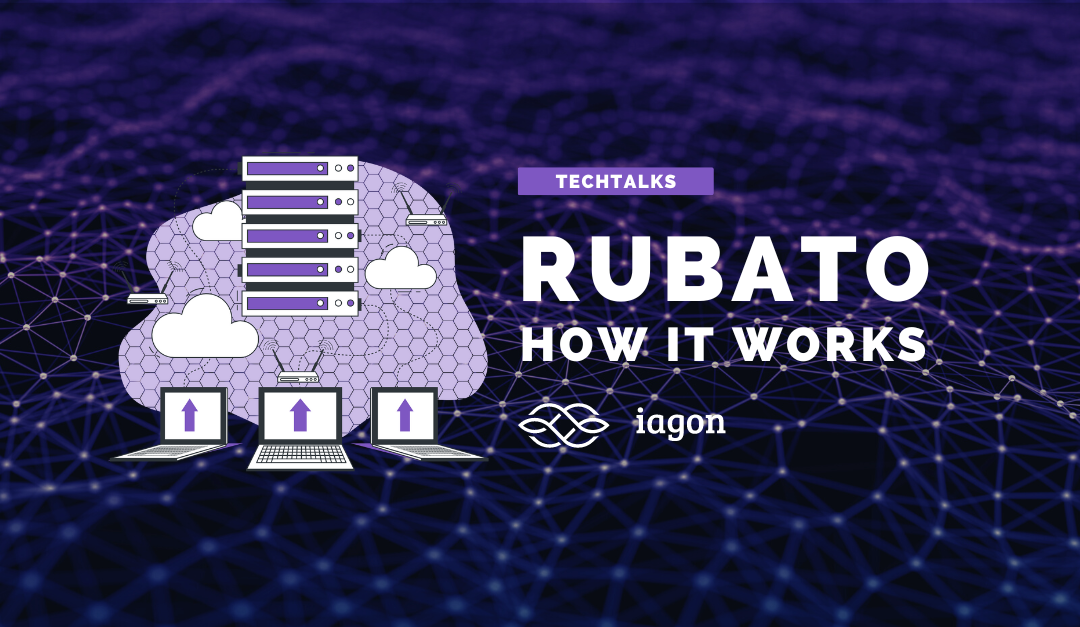In this age of analytics, data is king. It has become the most valuable of all resources. Seemingly unrelated pieces of information are molded into behavioral models that represent us as web users. On one hand, this allows various service providers like streaming and shopping platforms to come up with accurate recommendations and make our lives just that little bit easier. On the other, it means that the IT industry is gathering disturbingly large amounts of information about us every day. Numerous tech companies have been reported to do that without users’ consent, abuse the harvested data, or fail to notify authorities about data breaches.
Lake leaks
What about the cloud services providers, though? After all, web users voluntarily give them their documents, photos, and other important files for safekeeping. Does that mean they can be trusted? Well, not completely. Surely, you remember the iCloud nude celebrity photo leak from 2014, don’t you? It seems that standard security measures are often not enough to solve the problem of data safety, even when it comes to the private files of individuals.
In recent years, we’ve seen the big data market rely more and more heavily on data lake architectures. Such systems are based on the implementation of NoSql central databases, where files of any kind can be stored. Companies create central repositories for their data but tend to design them to be overly accessible. Once a data lake is compromised, the intruder can swim in its waters freely, so to speak, gaining access to every single file. Such a breach can expose an organization to various security, privacy, and financial risks. These include, but are not limited to, confidential client information leaks, unauthorized use of commercially sensitive data, disclosure of trade secrets or internal correspondence, etc. Sometimes threat actors delete the whole databases after copying their contents and then demand a ransom for the files. Some attacks are even more malicious, as hackers simply wipe the database without giving “the victim” any chances to retrieve the data.
No swimming allowed
Iagon plans to address this by designing a technology called Secure Lake. It relies on decentralization, SHA256 encryption, random clipping masks, error correction codes, compression, and sharding. The key purpose of this technology is to “freeze” the lake and make it impenetrable. In other words, in case of a security breach, it will make it impossible for threat actors to browse the information system and access, delete, or modify the stored files.
Bits and pieces
Iagon’s revolutionary sharding algorithm is a method of splitting and distributing files across multiple storage nodes in a decentralized network. The protocol will distribute multiple copies of each small file chunk among various storage providers so the user will be able to retrieve a complete file even when some of the storage nodes are offline.
Additionally, users will have the option to encrypt the files, making them even more secure. Except for the user who uploads a file and owns the private key necessary to retrieve and decrypt it, no one will be able to read the contents of the file chunks, decrypt, delete, change, or retrieve them, identify their source, or even associate them with other file chunks generated from the original file.
Whenever the user wishes to download the file, the protocol will retrieve the shards and recombine them. If for whatever reason some data is missing, error correction codes will be used to replace the missing bytes and reconstruct the file.
What’s worth noting, to comply with GDPR and other regulatory requirements, Iagon is working on a mechanism that will allow the users to choose a specific country or other location to store their data.
Full speed ahead
As you may already know, Iagon is actively involved in developing the Minimum Viable Product on Cardano. The Trusted Testers Program we announced earlier this year is underway, and our development team is working on the implementation of features described in this article. So stay tuned for more updates on our attempts to revolutionize the cloud and make your data safer.
Read more:

About Iagon
Iagon aims to revolutionize the cloud by developing a storage platform and a processing platform where anyone can profit from shared resources. The whole value proposition circles back to the potential of blockchain technology by letting device owners join the storage and processing power grids to create a completely decentralized data cloud and supercomputer.
Website | Twitter | Telegram | Blog | CoinGecko | CoinMarketCap





